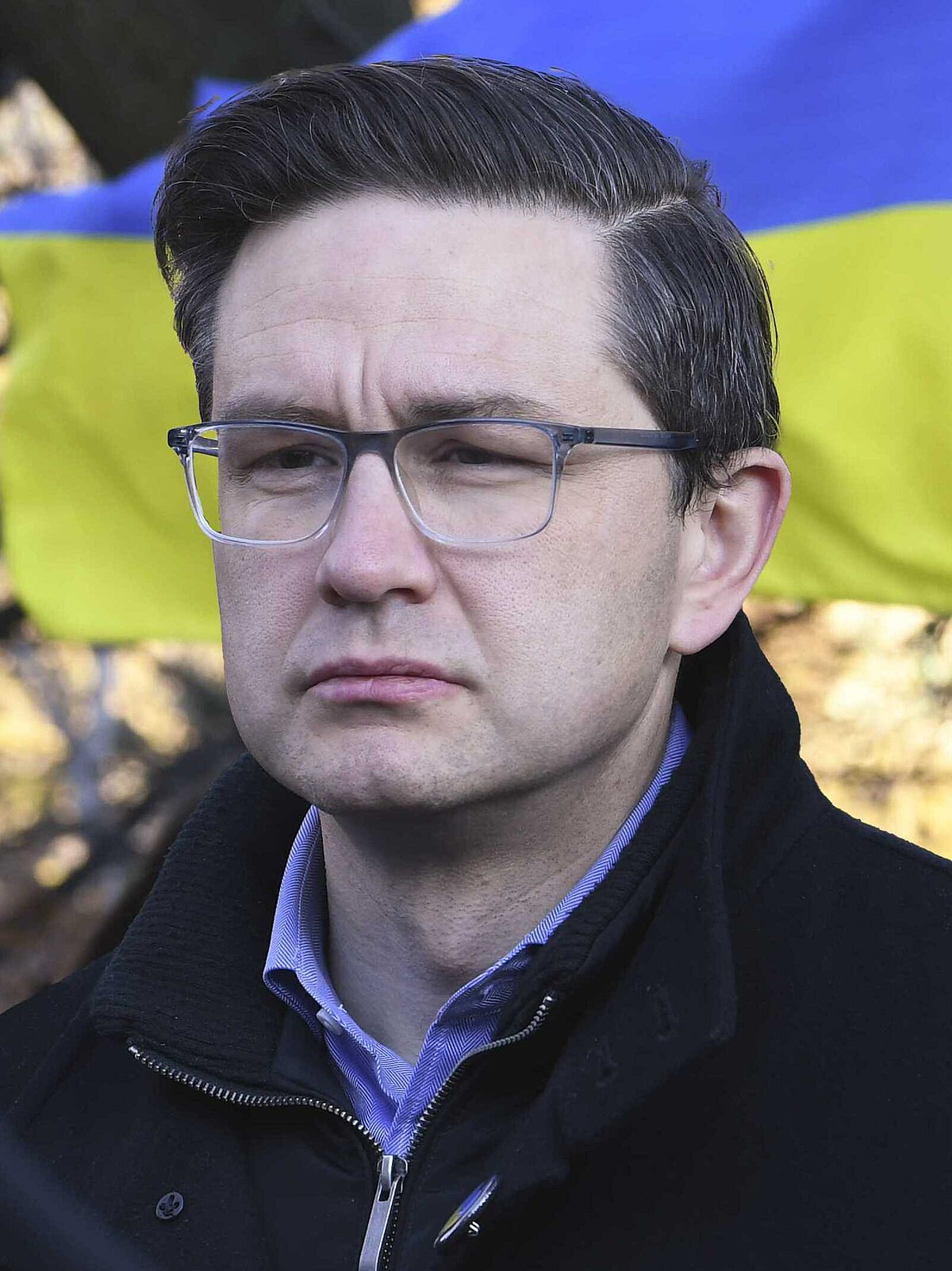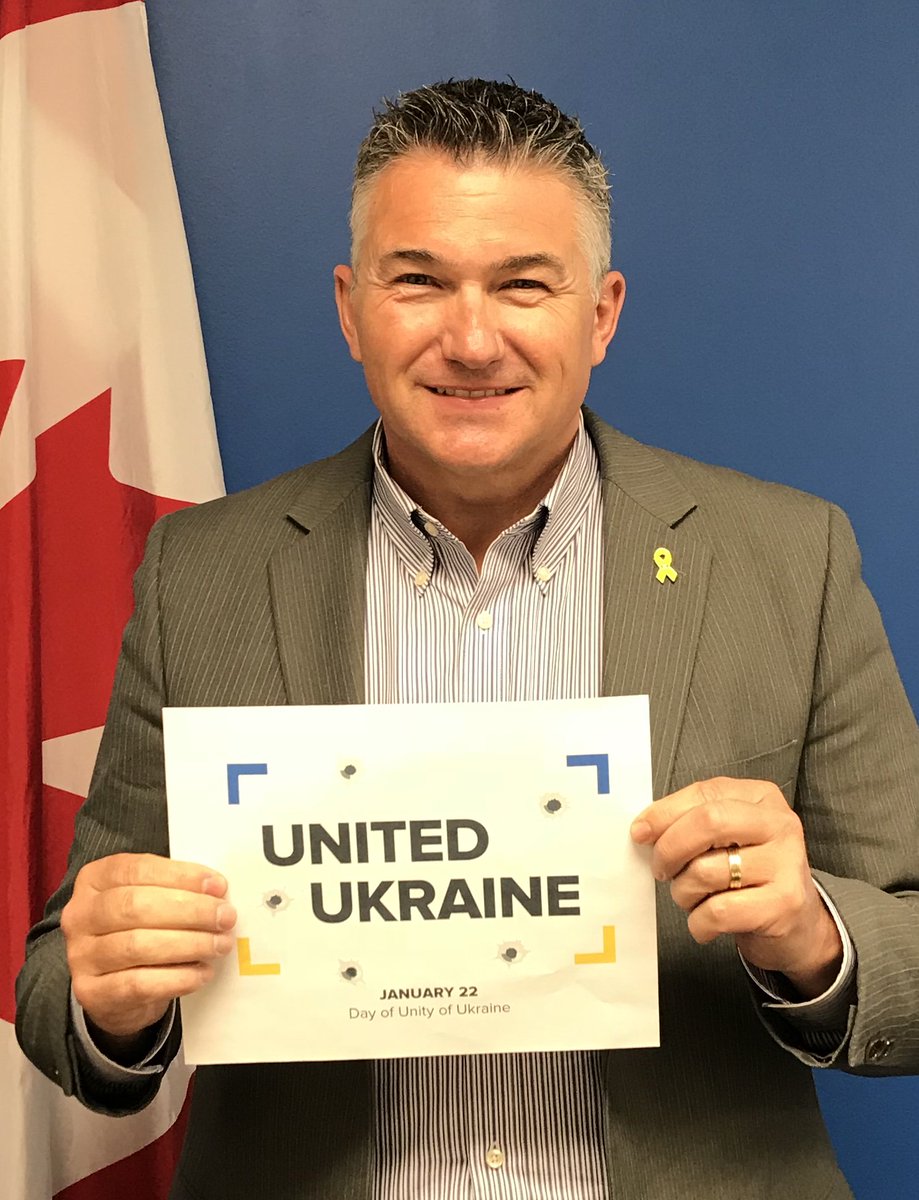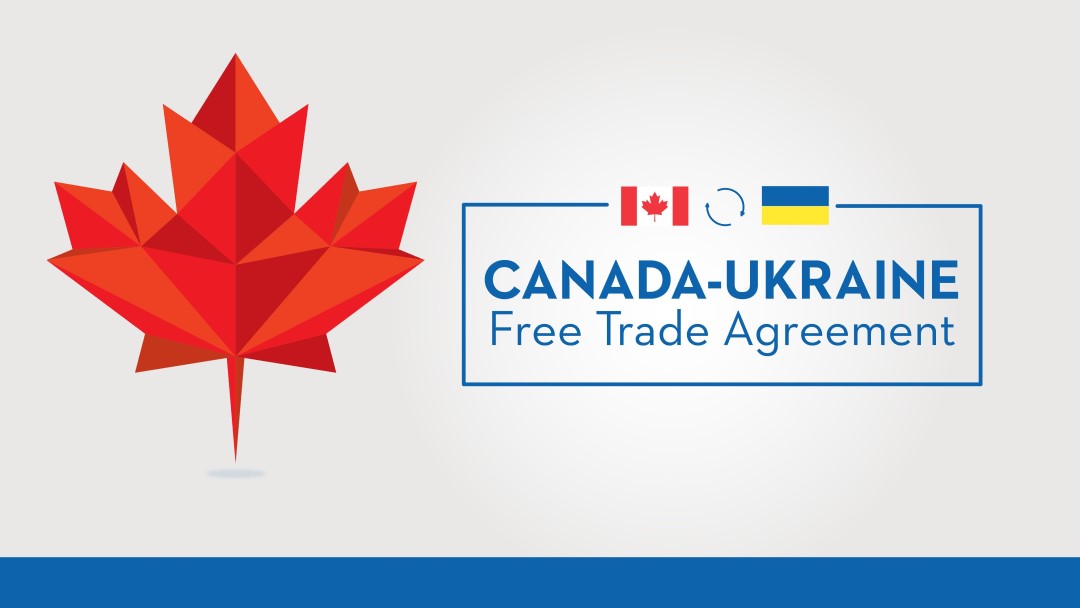Yuri Bilinsky, New Pathway – Ukrainian News.
When the Conservative Party voted en masse in late November against the legislation for a revised Canada-Ukraine free-trade agreement (CUFTA), it caused a stir in the Ukrainian Canadian community and became a headline in the Canadian media. To better understand the parties' positions, NP-UN turned to the Liberals, who vigorously criticized the opposition's vote, and to the Conservatives, who defended their decision and disapproved of the government's approach to the modernization of CUFTA in equally strong terms.
The revised Canada-Ukraine trade agreement, signed by Prime Minister Justin Trudeau and Ukrainian President Volodymyr Zelenskyy in October, replaces the original treaty that was negotiated under former Prime Minister Stephen Harper's government and was signed in 2016.
The updated agreement includes, among other things, new chapters on investment and services. It also includes the clause that stipulates the Parties to cooperate bilaterally and in international forums to address different matters related to climate change and, in particular, “promote carbon pricing.”
This clause became the point of contention between the main Canadian political parties regarding the modernized CUFTA. The opposition leader Pierre Poilievre said in an interview: “We already had a free trade agreement with Ukraine which Conservatives negotiated; we support a free trade agreement with Ukraine that does not include a carbon tax.” He called the requirement to promote carbon taxes “horrible” for both Ukraine, which will have to rebuild from a war, and for Canada due to the cost of living crisis. Poilievre said: “It would have been hypocritical for me when my lead plan is to ax the tax to then vote for an amendment to a trade agreement to add a carbon tax.”

Leader of the Conservatives Pierre Poilievre
The critics of the Conservatives' position say that Ukraine already has carbon pricing and that it will need to enhance this policy in view of the country's goal to join the European Union. In her interview with NP-UN, the Honourable Mary Ng, Minister of Export Promotion, International Trade and Economic Development, noted that Canada's other free trade agreements have environment-related chapters.

Mary Ng, Minister of Export Promotion, International Trade and Economic Development
Minister Ng called the modernized CUFTA “a high standard agreement,” which Ukraine can use for its benefit in negotiations with other countries, and said that the chapter on Climate Change would help Ukraine be more competitive.
Ng also noted that Canada's existing free trade agreement with Ukraine only covers goods. The updated version includes services and investment, things she said are essential for Ukraine to rebuild.
The Liberal MPs went beyond the carbon tax issue in their criticism of the Conservative Party related to the modernized CUFTA. Government House Leader Karina Gould suggested that “Conservatives are following in the steps of right-wing American politicians who have turned their backs on Ukrainians as they fight for their freedom against Russia.”

Government House Leader Karina Gould
MP Yvan Baker (Etobicoke Centre), who chairs the Canada-Ukraine Parliamentary Friendship Group, echoed this broad political suggestion and called the Conservatives' argument about the carbon tax “a red herring and an excuse not to vote for the agreement.”
Baker argued that the Conservatives' move is a vote against supporting Ukraine and is part of a larger pattern of behaviour by the Conservatives contributing to “waning public support for Ukraine.”

He suggested that the Conservatives have taken this pattern of positions towards Ukraine since Pierre Poilievre became the leader of the Party in September 2022.
Baker urged all Canadians who support Ukraine and members of the Ukrainian Canadian community to “speak out about this and insist that Pierre Poilievre change this position and start supporting Ukraine.”
MP James Bezan (Selkirk—Interlake—Eastman), the Conservative Shadow Minister for National Defence, brushed off the accusations that the Conservatives do not support Ukraine. In his comment for NP-UN, he reminded of the Conservatives' long tradition of support for Ukraine, spanning from 1991, when Canada's Conservative government was the first globally to recognize Ukraine's independence, through the Conservatives' leading the international effort to expel Russia from the G8 and initiating Operation UNIFIER in response to Russia's illegal annexation of Crimea.

MP James Bezan (Selkirk—Interlake—Eastman)
Bezan said: “The insertion of the promotion of carbon taxes into a trade agreement, a first for any such trade agreement in Canada's history, is coming at a time when Ukraine has a knife at its throat. Instead of promoting carbon taxes, common sense Conservatives believe in leveraging Canada's economic strengths to aid the Ukrainian people. This includes the export of Canadian LNG and establishing an energy alliance to diminish Europe's reliance on Russian natural gas, which Justin Trudeau dismisses as having ‘no business case.'” He said that the Conservatives proposed to include a chapter on energy security into the modernized CUFTA without success.
Bezan said that the Liberals, “contrary to their public stance, have routinely undermined Ukraine's position.” He listed “the unconscionable decision” to export a gas turbine to Russia in July 2022 and “the lack of export control,” which led to Canadian detonators ending up in Russian mines used in the war against Ukraine. He also accused the Liberals of refusing to provide war-risk insurance, thereby hindering Canadian investment in Ukraine and “blocking Conservative motions to expand munition production and export to Ukraine.” These actions said Bezan, “speak much louder than their hollow words and collectively represent a betrayal of Ukraine.”
James Bezan confirmed that a Conservative government would seek to improve and modernize the CUFTA agreement “without imposing Justin Trudeau's carbon tax agenda.”
Share on Social Media







































